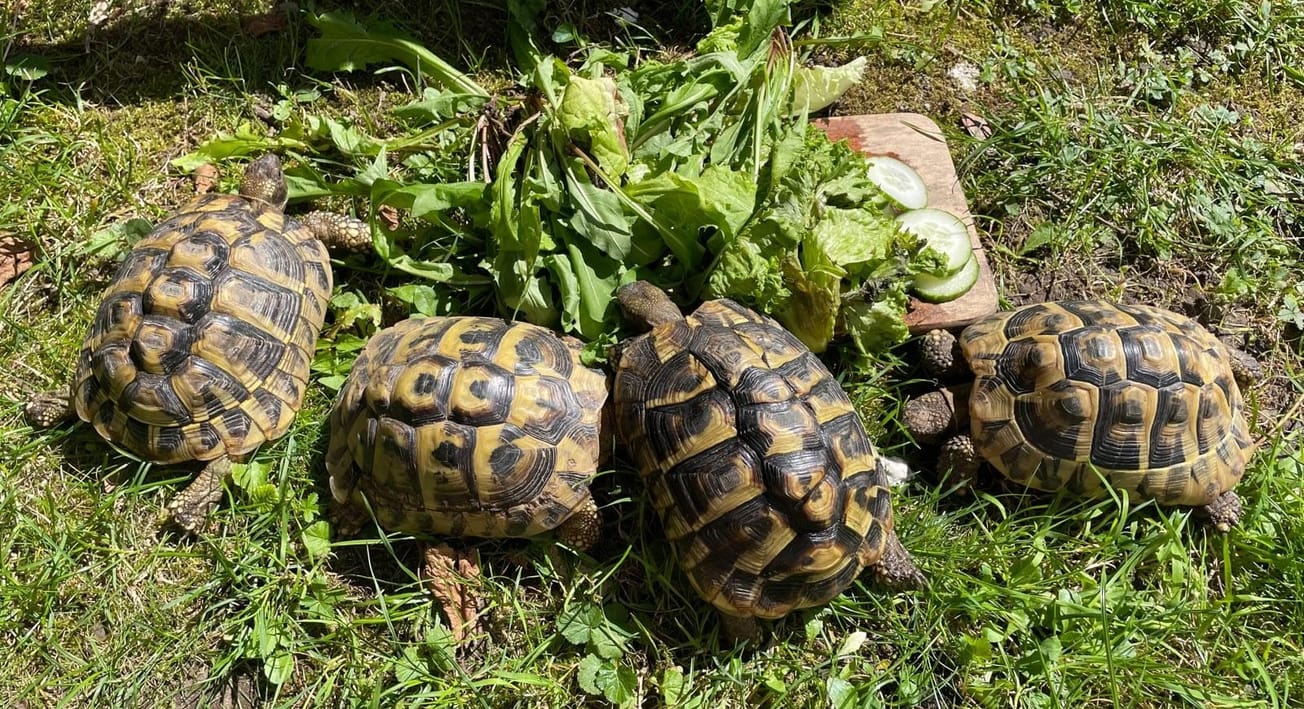By Ailie McLuckie, Second Year, Biochemistry
With a global race to quell the COVID-19 pandemic, collaboration between Oxford research groups and the University of Bristol shows positive results from the initial stages of the vaccine trial on healthy volunteers.
Covid-19 – the respiratory illness caused by the SARS-CoV-2 virus – has uprooted the lives of humans globally, resulting in stringent lockdowns, widespread fear and staggering death tolls.
Since the early spread of the pandemic, creating a suitable vaccine is key to eradicating the global chaos mediated by this microscopic virus. Researchers at the University of Bristol, University Hospitals Bristol and Weston NHS Foundation Trust (UHBW) are currently carrying out human trials to test this possible vaccine.
The vaccine itself was developed in Oxford by the University’s Jenner Institute and Oxford Vaccine Group. It utilises the pre-existing ChAdOx1 vector – a host cell which can hold foreign modified DNA in its own genome – derived from a weakened common-cold adenovirus found in chimpanzees.
Researchers are investigating social contact patterns & physical distancing behaviours to help understand how #COVID19 spreads: https://t.co/gSUsdJsXTI
— Bristol University 🎓 (@BristolUni) July 6, 2020
Our staff and students are invited to take part in the first survey➡️ https://t.co/vpDirNQD5r pic.twitter.com/PvxAIGpYXf
This virus was selected as a host as it generates a significant immune response in humans. However, it has been modified to not replicate and cause infections ongoing in humans.
A gene unique to the SARS-CoV-2 virus has been added to the adenovirus host. As Dr Rajeka Lazarus, principle investigator of the study in Bristol and Consultant in Infectious Diseases and Microbiology at UHBW explained at the beginning of the second phase: ‘this vaccine aims to turn the virus’ most potent weapon, its spikes, against it – raising antibodies that stick to them allowing the immune system to lock onto and destroy the virus.’
In recently published preliminary results from Phase I and II trials in Bristol and across the UK, it has been shown that the vaccine produces an antibody and T cell immune response. 100% of participants were found to have developed neutralising antibodies after two doses of the vaccine.
‘This vaccine aims to turn the virus’ most potent weapon, its spikes, against it – raising antibodies that stick to them allowing the immune system to lock onto and destroy the virus’
The participants were split into two groups: one injected with the newly developed vaccine and the other with an already licenced vaccine as a control. Volunteers are also being regularly tested for the virus and monitored closely.
Dr Adam Finn professor of paediatrics at the University of Bristol and director of the Bristol Children’s Vaccine Centre at Bristol Medical School reported to Bristol Live last week: ‘I’m pleased with the way the study has gone – the vaccine is producing antibodies. There are a certain amount of side-effects - sore arms and a temperature for a short time, but it is nothing that can’t be managed with paracetamol.’
Whilst early, non-peer reviewed results are positive, Professor Finn added that ‘it really is a matter of ‘wait and see’’ on the final outcome of the vaccine trials.
SARS-CoV-2 animation revealing the viral core. Free to use: for this and other visual resources please see our COVID-19 page at: https://t.co/JOcdg377cO #covid19 #SARSCoV2 #sciart @UofT @UTM @UTMBiology @UofTNews @ResearchUofT @UofTIMS @UTM_Research @UofTMedicine @UofT_dlsph pic.twitter.com/JMUaLEpecA
— Nicholas Woolridge (@N1ck_Woolridge) April 6, 2020
Around 1,000 participants have been recruited so far in Bristol, aged between 18 and 55, all of whom are free from underlying health conditions linked to severe Covid-19 symptoms. These volunteers are due to receive a booster vaccination in August when the trial will move to Phase III, which will have longer time frames and a larger pool of volunteers.
As well as this, the vaccine will also be tested in the US, South Africa and Brazil where the R-value, and likelihood of catching Covid-19, is much higher and trials may yield more rapid results.
In addition to an alliance with the Oxford Vaccine research groups, the University’s COVID-19 Emergency Research Group (UNCOVER) have joined forces with Imophoron – a spin-out company from BrisSynBio – to carry out pre-clinical research into an alternative vaccine.
This vaccine utilises a synthetic model known as an ADDomer – exclusive to Imophoron, which imitates the structure of the virus to trigger immune response and target proteins on the virus without causing disease.
Bristol University researchers using nanotechnology to fight coronavirus
Bristol research has global implications for COVID-19 drug and vaccine development
This would be a promising potential vaccine with limited side effects and easily upscaled manufacturing. The group hope to move their vaccine model to human trials in the future.
Whilst the process of creating a suitable vaccine to combat SARS-CoV-2 is fraught with challenges, Bristol is playing a central role in both research and human trials. These endeavours have the potential to turn vaccine aspirations into a global reality.
Featured: University of Bristol
Are you optimistic that a coronavirus vaccine will be found?







